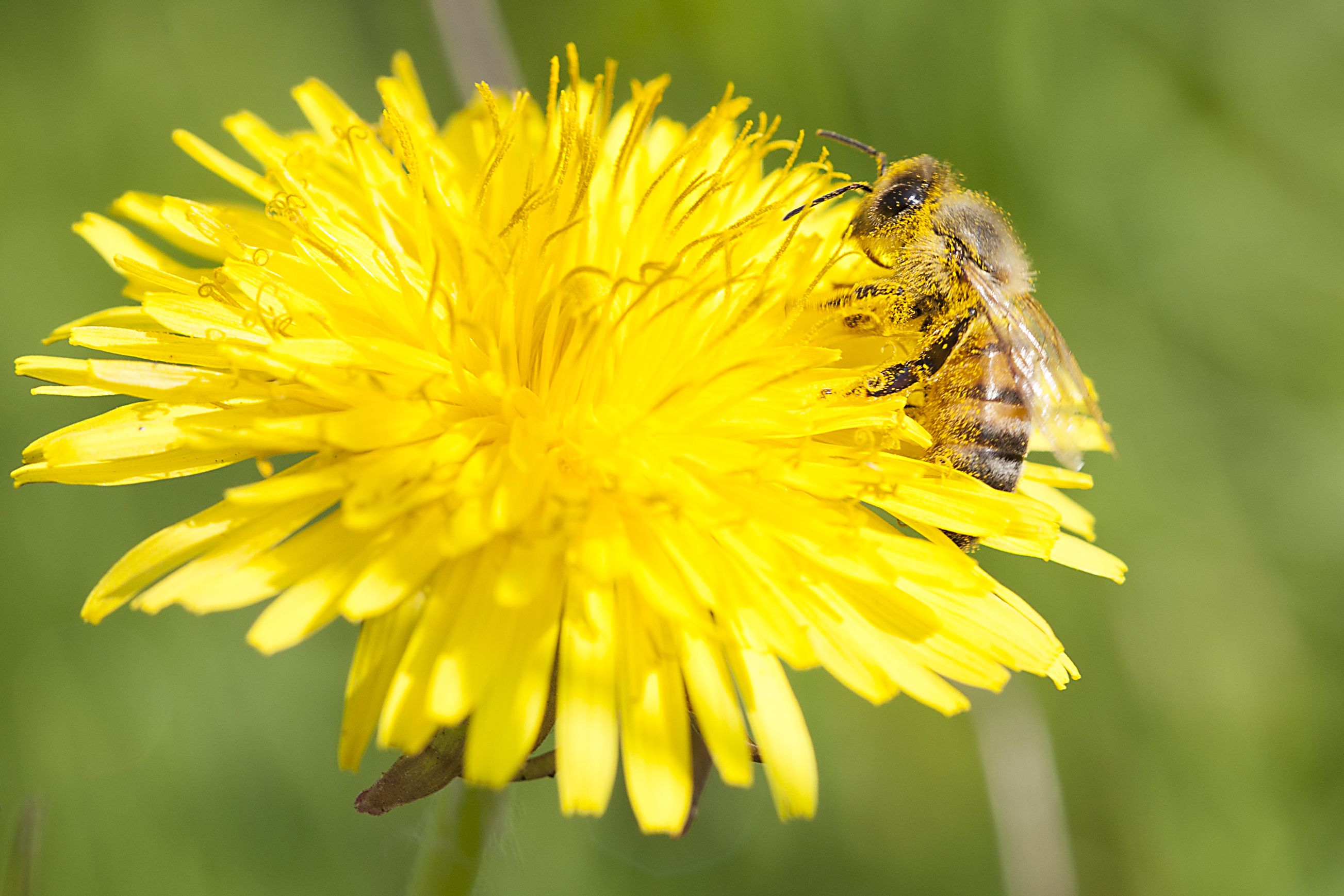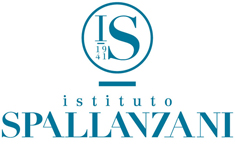MOLECULAR GENETICS
admin
2016-07-07T09:10:34+00:00
Since 1997 the laboratory of Molecular Genetics conducts researches and offers services in the livestock and agro-food sectors. The research activities are performed in close collaboration with the reproduction, aquaculture and cosmetology sectors of the Institute.
With regard to reproduction and aquaculture, the laboratory exploits the great potential offered by the molecular genetic techniques to implement strategies mainly oriented to broodstock management for selective purposes, to control the variability of the genome in its complexity and to identify relevant genes of zootechnical interest. With regard to the agro-food compartment, the activities are aimed at enhancing the quality and at increasing the safety of food products
GENETIC TRACEABILITY
The main objectives of this research area are to validate the origin of products like milk, meat and semen, to identify adulteration and to control the ordinary traceability in the agro-food chain production. Further objectives are the species-specific identification and recognition of the geographic origin of products with the aim to integrate and improve the certification systems, for example in case of products labelled PDO (Protected Designation of Origin).
The concrete application of the research results allows both the breeder and the consumer to have information about the quality of the commercialised products, and to ensure the traceability by means of new analytical methods for the certification of origin. In this way it is possible to overcome the limits of common traceability, which is still based on documents which are susceptible to mistakes and forgeries.
The lab contributes to the development of protocols based on the analysis of microsatellite loci and single nucleotide polymorphisms (SNP) finalized at determining the genotype of each subject for the verification of the ordinary traceability in agro-food chain.
BIODIVERSITY AND GENETIC VARIABILITY
The safeguard of biodiversity is the basis for a sustainable agriculture as a part of a more comprehensive vision regarding the valorisation of the territory, which combines multiple dynamically connected aspects. These aspects can be of a traditional, social, cultural or environmental nature and also include the actual animal livestock population.
In this context, the protection of the breeds of zootechnical interest is of key importance for the enhancement of the Italian biodiversity. Within this field, the use of principles and methods of the genetics is strategic to guarantee animal biodiversity, paying special attention to livestock.
BOVINE WELFARE
The Institute has conducted research projects to study the genetic and molecular basis associated with animal welfare.
The research activities on bovines follow the prescriptions of the European Food Safety Authority (EFSA) which “insists on a multidisciplinary approach within research that wishes to clarify the relation between production, energetic-metabolic harmony, stress and welfare indicators”. The research dedicated to animal welfare has drawn more attention to the living conditions of livestock which, in turn, impact the environment, the breeding efficiency and the safety of the consumer.
The Research Project RIPROWEL, financed by the Ministry of Agricultural, Food and Forestry Policies (MiPAAF), undertaken studies to identify the molecular basis of bovine welfare during peripartum and on genetics associated to longevity in dairy cows.
The research on the molecular basis associated with improved metabolic efficiency of dairy cattle (METAGEN) has identified differently expressed microRNA as potential valuable markers for animal welfare.
REPRODUCTION AND FERTILITY
This research area aims at investigating, discovering and quantifying genes associated to fertility in animal species of zootechnical interest by molecular methods. The identification of allelic variants of a gene and the quantification of expression of genes involved in reproductive processes is indispensable for increasing the efficiency of the methods of genetic improvement in the zootechnical field.
RESISTANCE TO DISEASES
The studies on animal disease resistance have important implications on food safety, animal welfare and breeding costs. The increased knowledge of the genetic bases of the susceptibility to diseases and of the molecular mechanisms involved in pathogen-host interaction are indispensable within a multidisciplinary approach to face the earlier indicated issues.
The researches have explored various pathologies with an economic impact on bovine breeding. The European Project MACROSYS, “Macrophage systems biology applied to disease control” explored the mechanisms of resistance to bovine Paratuberculosis. The Regional Project MASTFIELD, in which innovative molecular systems were used to control bovine mastitis, identified SNPs (Single Nucleotide Polymorphism) inherent to bovine Mastitis. The Institute has also conducted research on ovine resistance to Scrapie within the project RISCRA, the project Dairy products in Mediterranean sheep population: quantification of scrapie risk, and the project SISCRA, the development of an integrated system for routine analysis of the percentage of alleles resistant to scrapie, funded by the European Community and by the Ministry of Agricultural, Food and Forestry Policies (MiPAAF).
At the moment, the ongoing PERCASO project, conducted in collaboration with the Experimental Zooprofilactic Institute of Lombardy and Emilia Romagna, is exploring the genetic and molecular basis of bovine Neospora.
BEEKEEPING
The beekeeping is a branch of agriculture of particular relevance both for honey and products derived of the hive and for the global impact of pollination on food production.
Lately, beekeeping has become a feeble branch due to the diffusion of pathologies and the treatments used in intensive agriculture which do not always pay attention to the persistence of the insect pollinators.
Research is important to safeguard the future of this agricultural branch.
The Italian Experimental Institute “Lazzaro Spallanzani” has built up a solid reputation in the research regarding beekeeping within the Research Projects financed by the Ministry of Agricultural, Food and Forestry Policies (MiPAAF) and the Region of Lombardy: e.g. the Riprosel Project (GENEBEE) and the STRANOVA Project (control strategies for the presence of the Varroa destructor and the monitoring of the diffusion of the Nosema ceranae e Nosema apis in the Lombardy region).
The Institute has carried out studies of genetic variability and gene expression studies on the hygienic behaviour of bees in order to investigate the genetic and molecular aspects that contribute to the resistance of the hive.

QUALITY AND SAFETY OF AGRI-FOOD PRODUCTS
The qualification of agri-food products is of great value both for its close bound with the culture and the traditions of the lands and for the relevance of a solid protection of the consumer throughout the phases of food production: the breeding, the quality of raw materials and the manufacturing processes. In the agri-food sector, which combines numerous typical and local productions that are often breed- and country-specific and are characterized by transformation processes related to local traditions, the use of molecular tools may play an important role in guaranteeing the origin, the safety and the healthiness of products. The product quality is based on genomic surveys concerned with the genetic molecular identification of the products and their origin. The product safety is determined by genetic molecular surveys with the help of which it is possible to identify and qualify possible pathogenic microorganisms in agri-food products.

